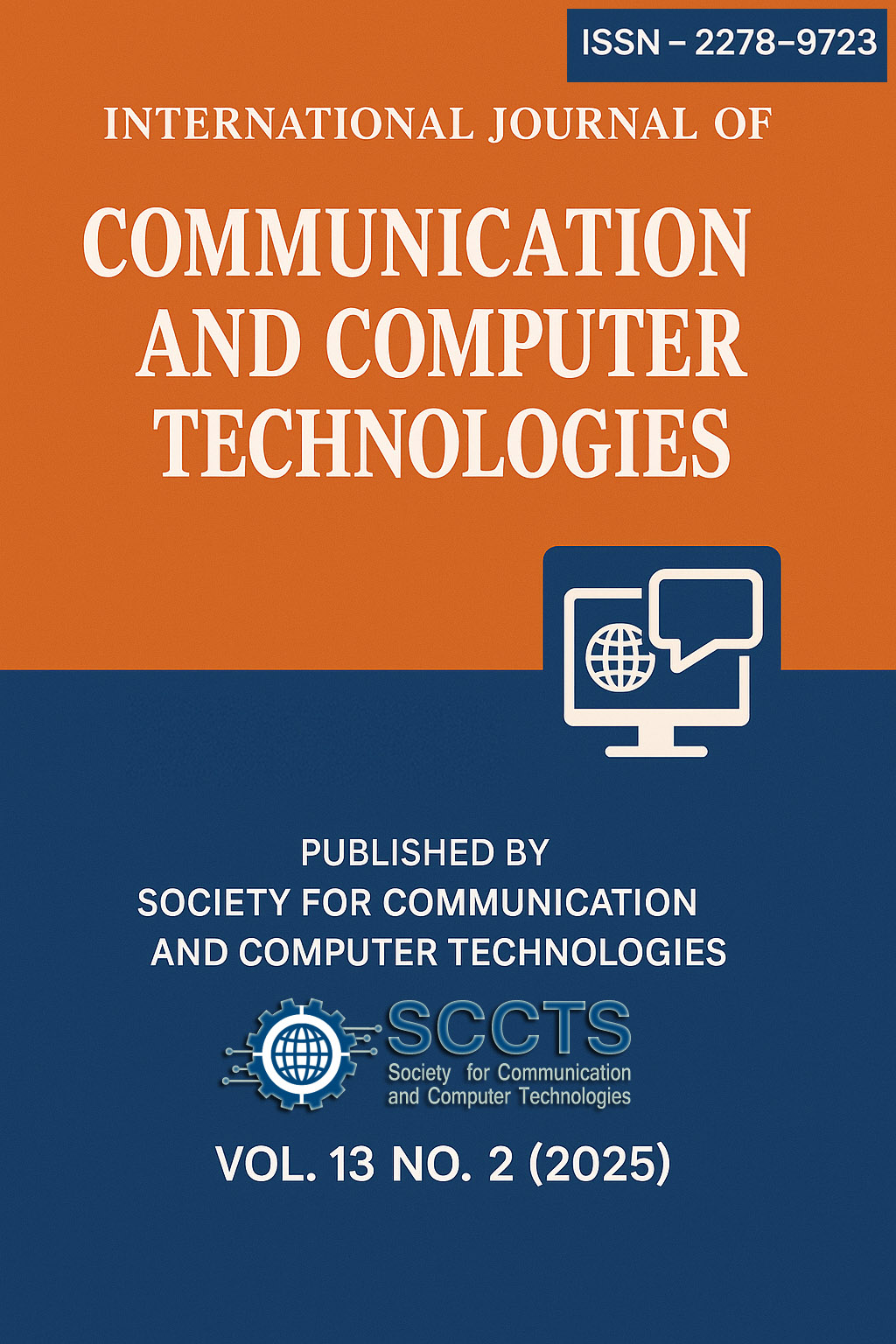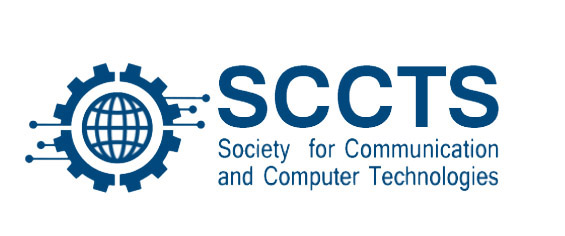Secure Computing Protocols without Revealing the Inputs to Each of the Various Participants
Keywords:
Cryptography; Homomorphic Encryption; Multi-Party Computation (MPC); Privacy; Secure ProtocolsAbstract
This work focuses on analyzing cryptographic protocols through which two or more parties can compute functions of their joint inputs without divulging their inputs in their raw form which is a building block of SMPC. Due to the security one gets to protect the data in the computations SMPC allows participants to engage in the computations while protecting the data it is used in fields such as finance, healthcare and data analytics whereby data is sensitive. The subject of the study is approaches for introducing security into the examined protocols to guarantee their correctness while preserving user privacy, through the use of such tools as homomorphic encryption, secret sharing, and zero-knowledge technology. We consider various security configurations, such as semi-honest and
malicious security, to understand how vulnerable these protocols are to feasible attacks or data exposure. Also, important issues, such as scaling and computational complexity, are discussed where we give solutions for minimizing communication cost and time in the context of big data applications. The outcome indicates that carrying out secure and practical SMPC with strong security assurances is feasible, irrespective of performance requirements of various actual-world application scenarios. This work is relevant to the current state of the art in cryptography and provides new protocols enabling sensitive computations for real privacy-preserving applications in the modern digital environment.
Downloads
Published
How to Cite
Issue
Section
License
Copyright (c) 2024 International Journal of communication and computer Technologies

This work is licensed under a Creative Commons Attribution-NonCommercial-ShareAlike 4.0 International License.





 The articles in Worldwide Medicine are open access articles licensed under the terms of the
The articles in Worldwide Medicine are open access articles licensed under the terms of the 